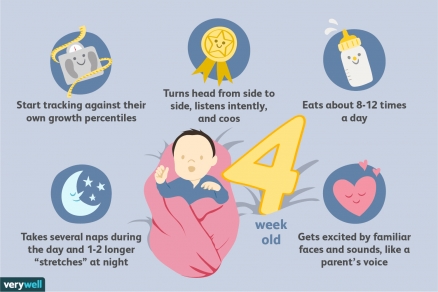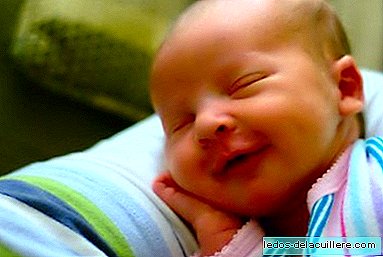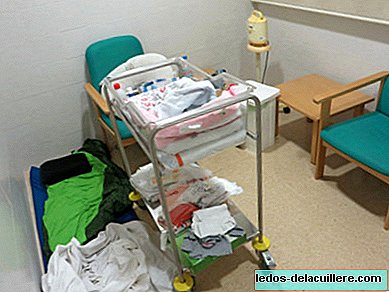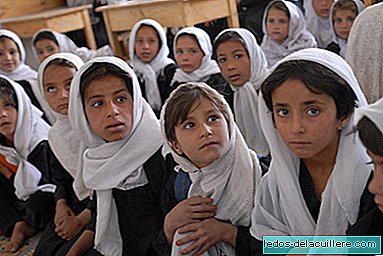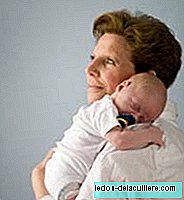Stress, anxiety, hypertension ... are words that come to mind when we talk about a busy schedule. Men and women who work hard, who do not have free time, are susceptible to these symptoms. What happen with the kids? A study indicates that overloading the "agenda" of children has negative consequences.
The new study, published in the journal "Frontiers in Psychology", sought to determine whether a lifestyle with programmed and structured activities affects the way a child's brain develops. And the little ones with "free" activities had more initiative of their own and were able to achieve goals to a greater extent.
In short, less busy children showed better executive functions, which refer to a set of cognitive skills that allow anticipation and goal setting, the formation of plans and programs, the start of mental activities and operations, self-regulation of thoughts and tasks and the ability to carry them out efficiently, that is, problem solving.
The researchers asked the parents of 70 6-year-old children to record their children's daily activities for a week. They noted the degree to which the time of 70 children was dedicated to structured activities (classes, sports, choirs ...) or unstructured (free play, reading ...).
AdvertisingThe study is titled "Less-structured time in children's daily lives predicts self-directed executive functioning" ('Less structured time in children's daily life predicts self-directed executive functioning') and has been prepared by psychologists from the Universities of Colorado Boulder and Denver (United States).
The conclusions indicate that the cause-effect has not been demonstrated and more studies will have to be done, but what the authors seem to intuit is that the stress of having a busy schedule would lead to less development of executive functions.
This is not the first study that points in this direction. That is why we have spoken to you that extracurricular activities must be taken in their proper measure, and we greatly value children's free time, in which they continue to learn and have fun.
So, we should ask ourselves, do our children have free time? Or do we mark all the steps they have to take each day? Do we leave only vacations for that leisure time? Or do we also fill them with activities?
Overloading the children's agenda can have negative consequences. Not only in terms of the stress they suffer, also their brain development can be affected and not stimulate certain functions that are important for daily life.


